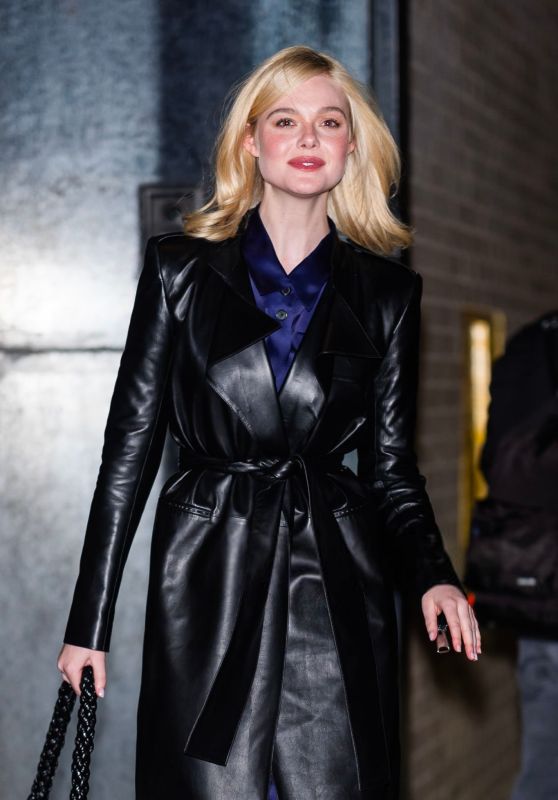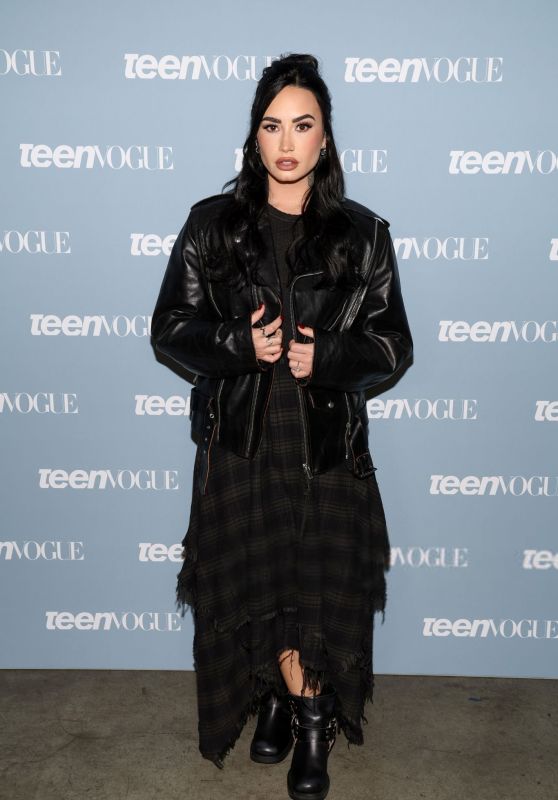From Kamala Harris getting Charli XCX’s “brat” designation to Taylor Swift’s sly embrace of the “childless cat lady” label on her endorsement Instagram post to Beyoncé’s passionate onstage embrace, the Harris campaign’s three-month existence was characterized by a frisson of celebrity enthusiasm. But after the results poured in, plenty of critics, friend and foe, wondered whether any of the razzle-dazzle was worth it. How can a “flawlessly run” campaign capture the hearts of the internet but fail to permeate the polling places?
It turns out that celebrity endorsements are rarely as convincing as you might think. An October survey of Ohio registered voters found that Swift’s endorsement had a net negative impact, with 24% in the red state saying it made them less enthusiastic about Harris as a candidate and only 14% saying it made them more. David J. Jackson, the political scientist who helped conduct the survey, told Vanity Fair that the emerging consensus is that celebrity campaigns might motivate those who are already partisan, but they do very little persuading.
“We’ve got some clear findings that celebrity endorsements of presidential candidates work through a partisan lens, and that likability and credibility matter a lot too,” he said. “Taylor Swift can be perceived as incredibly credible among her fans because she sings about things in a way that’s meaningful to them. Or Elon Musk might be highly credible because he’s perceived as a successful business guy.”
To understand why the voters didn’t necessarily fill out their ballots with starry eyes, VF reached out to Justine Bateman, an actor, director, and preeminent observer of America’s fame-industrial complex. Her 2018 book, Fame: The Hijacking of Reality, was her account of what she learned about the true nature of celebrity from research and her journey from sitcom It girl in the 1980s to a “formerly famous” woman and how it has affected her own view of the political world. In 2021, Bateman directed her first feature film, Violet, and late last year she wrapped on her second, entitled Look.
Vanity Fair: What do you think about the role celebrity endorsements played in this election cycle and the role they play in politics more broadly?
Justine Bateman: The first thing that came to mind was celebrities showing up for charities in order that more attention be paid to the charity, that there’d be more visibility for that charity. When I was famous, it was always like a matter-of-fact inclusion in your [schedule] that you would bring attention to various charities by going to their events. As far as politics go, this is just my opinion, again, just like a charity, it can bring attention to that candidate.
Some of that did happen this time around. For example, hundreds of thousands of people have registered to vote over the last few years because of celebrities sharing links.
That’s great.
In Fame, you talk about 2000 as a real turning point for celebrity status. Social media didn’t exist yet, but media changes turned fame into a much more confrontational and industrialized thing. The omnipresence of celebrities could explain why people say things along the lines of “Oh, a famous person endorsing a candidate is the famous person telling me what to think.”
People really don’t want to be told what to think. That’s why voter registration is a good place for it. But the rest of it is, “Thanks for your suggestion.”
When it comes to products, celebrity endorsements really work. If a famous person endorses a product, people will buy that product. But an idea isn’t the same as a product.
Have you ever read René Girard? He makes a really good point about this. His thing is mimetic desire, and his theory is that you come into this world not knowing what you want at all. You have the things that are baked into your DNA that you want, but the rest of it—what kind of woman to be with, what kind of man to be with, what kind of car to have, what kind of standing you want in society? You look around at what means something to other people, and then you want to mimic it.






![Model Sydney J. Harper Brings Passion to Voiceless Charity Event in Nashville [11-18-2024]](https://celebmafia.com/wp-content/uploads/2024/11/model-sydney-j.-harper-brings-passion-to-voiceless-charity-event-in-nashville-11-18-2024-5_thumbnail.jpg)
![Sonya Starzhynska at “Voiceless” Charity Event [11-18-2024]](https://celebmafia.com/wp-content/uploads/2024/11/sonya-starzhynska-at-voiceless-charity-event-11-18-2024-3_thumbnail.jpg)

![Gemma Chan at TASAKI’s 70th Anniversary “Floating Shell” Exhibition [11-21-2024]](https://celebmafia.com/wp-content/uploads/2024/11/gemma-chan-at-tasaki-s-70th-anniversary-floating-shell-exhibition-11-21-2024-4_thumbnail.jpg)
![Ariana Greenblatt at “Death Becomes Her” Broadway Opening Night [11-21-2024]](https://celebmafia.com/wp-content/uploads/2024/11/ariana-greenblatt-at-death-becomes-her-broadway-opening-night-11-21-2024-1_thumbnail.jpg)
![Nina Dobrev at the F1 Grand Prix of Las Vegas [11-23-2024]](https://celebmafia.com/wp-content/uploads/2024/11/nina-dobrev-at-the-f1-grand-prix-of-las-vegas-11-23-2024-5_thumbnail.jpg)







 English (US) ·
English (US) ·